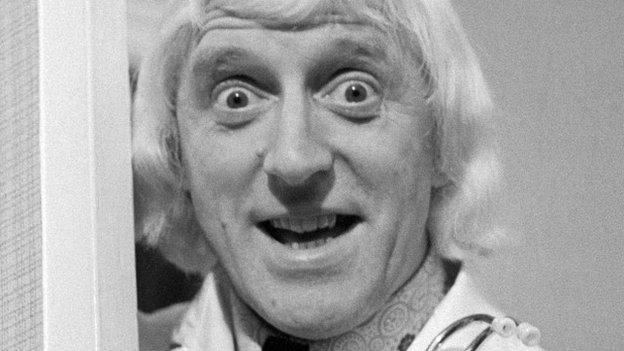Jimmy Savile and the BBC: Dame Janet Smith report's key sections
- Published
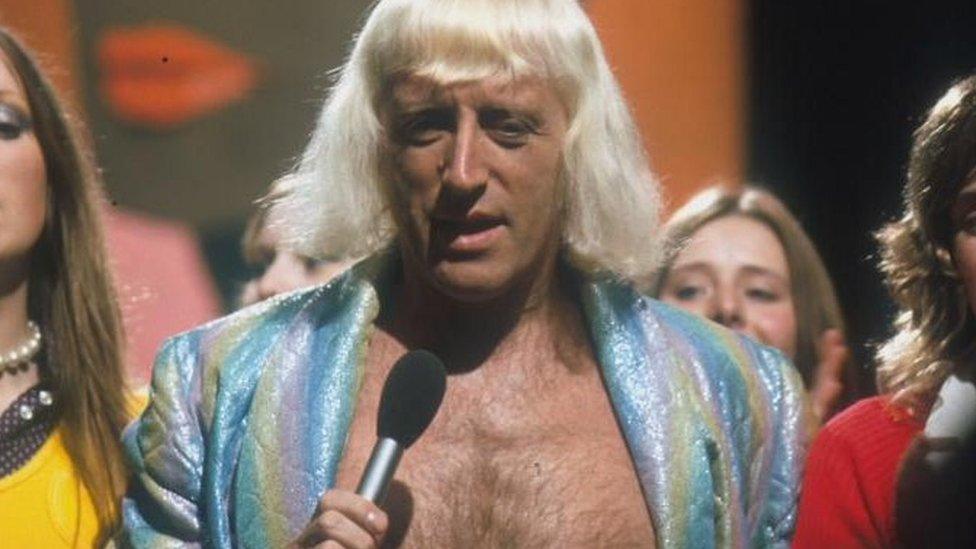
Most of the offences took place in the 1970s, Dame Janet Smith's report says
The Dame Janet Smith report into Jimmy Savile and the BBC has been published. It contains the following key points:
At least 72 people were sexually abused by Savile in connection with his work at the BBC, including eight victims who were raped. There was also one attempted rape. The youngest rape victim was 10 years old
The offending took place from 1959 to 2006, mostly in the 1970s
The largest number of victims was in connection with Savile's work on the BBC's Top of the Pops programme
Like Savile, former BBC broadcaster Stuart Hall was a serial sexual predator, targeting and grooming young girls
Hall abused at least 21 victims, eight of whom were girls under the age of 16. The youngest was 10
Both men used their fame and positions of celebrity to engage in "monstrous behaviour"
The culture of the BBC enabled Savile and Hall's offending to go undetected for decades
The BBC missed at least five opportunities to stop the abuse
For the full report see here

What the BBC knew
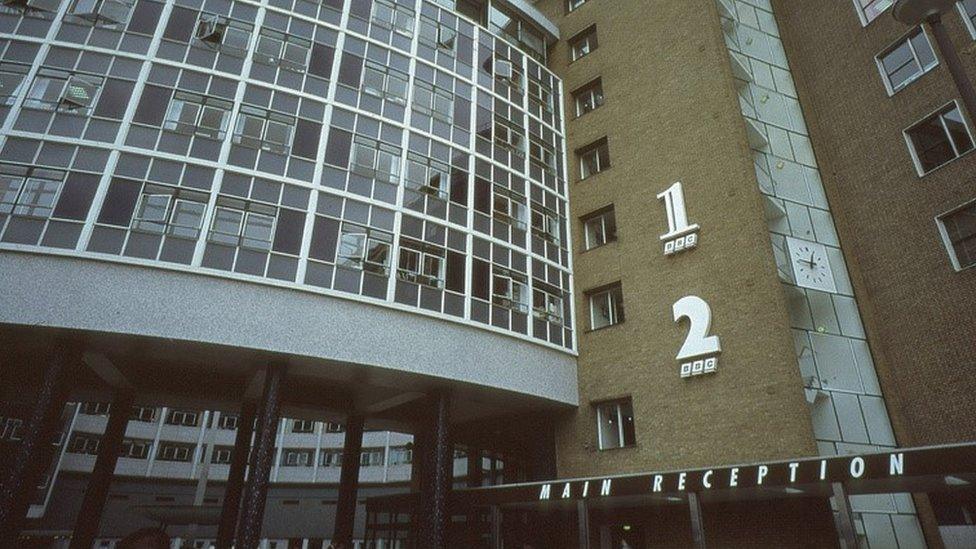
Some members of BBC staff were aware of Savile's inappropriate sexual conduct
Those who were aware of specific complaints about Savile should have reported them to line managers. None did so
A total of 117 witnesses said they had heard rumours about Savile
There is no evidence any senior member of staff was aware of Savile's conduct
There is no evidence the BBC as a corporate body was aware of Savile's conduct
Savile was generally seen as a sleazy, unpleasant, self-important and self-obsessed loner
Cultural factors at the BBC stopped staff reporting concerns to managers, especially where those concerns related to presenters or "talent"
Talent are given privileges, treated with kid gloves and rarely challenged. Most people in the BBC were deferential towards the talent, who appeared untouchable
An atmosphere of fear still exists in the BBC
There is a culture of not making complaints about the behaviour of talent
There is also a macho culture, which militates against complaints being passed on to senior staff
The BBC seemed more concerned about its reputation than the need to protect young girls

Links to Top of the Pops
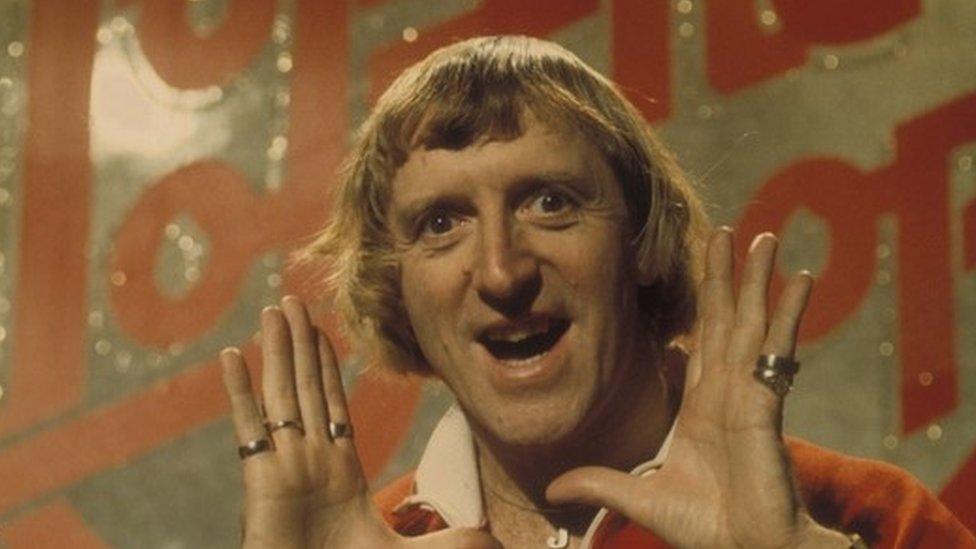
The BBC received a number of "wake-up calls" relating to allegations of sexual misconduct
The first wake-up call concerned the activities of Harry Goodwin, the programme's stills photographer from 1964, who allegedly took pornographic photos of girls in his dressing room after the show
The second wake-up call was in 1971 when Vera McAlpine telephoned the BBC to complain that her daughter Claire, then 15, had been seduced by a celebrity after she had attended TOTP as a member of the audience
The BBC carried out an investigation, but it was not conducted in a satisfactory way. The celebrity denied the allegation, and his denial was accepted
During the 1960s, 1970s and 1980s, and possibly after that, young people attending TOTP were at risk of moral danger
The BBC made no real attempt to grapple with the problem of how to protect young people
Savile's usual tactic was to invite girls to watch him perform on set
He would indulge in sexual touching on set. He also committed assaults in his dressing room

Findings about Stuart Hall
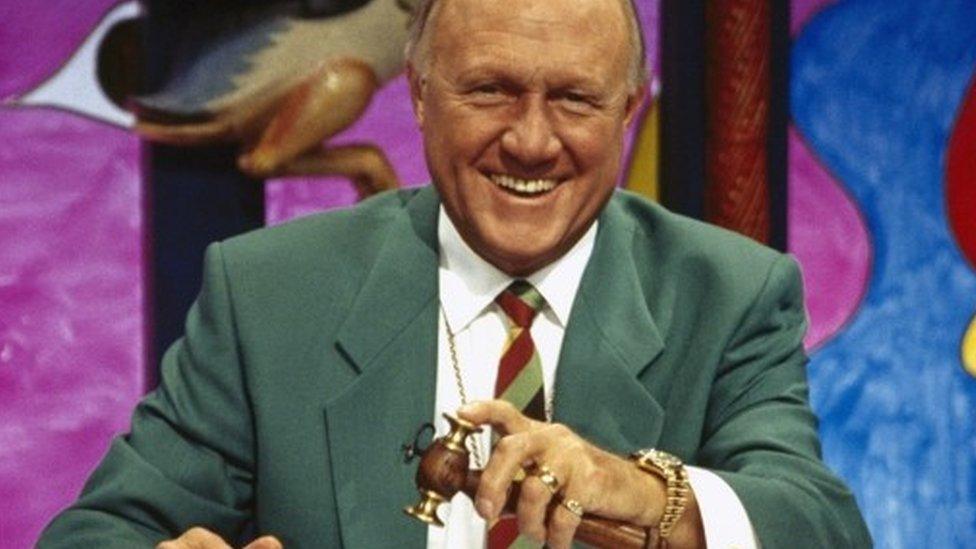
Hall was jailed in 2013 for sex assaults and had his sentence increased the following year after he was convicted of further offences. This part of Dame Janet's report was compiled by Dame Linda Dobbs. It said this about Hall:
Like Savile, Hall engaged in inappropriate sexual conduct in connection with his work for the BBC over a long period of time. He took advantage of young people for sexual purposes
Visitors to Hall were described as his "nieces" even though no-one thought they were
Hall gave "elocution lessons" at the BBC, which were used as a cover for sex
Many BBC staff working with Hall were aware he was engaging in sexual conduct on the premises. However, they were not aware this involved under-age girls
No-one complained to management
Members of BBC management in Manchester were aware of Hall's activities

Who knew what?
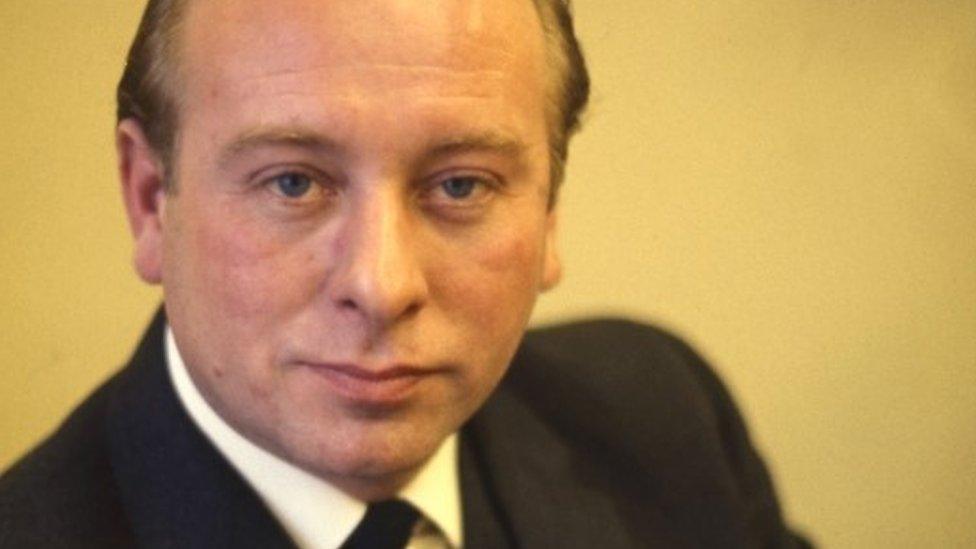
Douglas Muggeridge's main concern was the BBC's reputation rather than the welfare of girls
Savile's Radio 1 producer Ted Beston acted as a "provider" of young women for Savile at least once, and "must have realised" some of the girls were under-age - although he denies this - and should have reported it
Canon Colin Semper, a producer who worked closely with Savile, was praised as "a completely honest man" - and the failure to stop Savile's behaviour had weighed heavily on his mind. However, he "clearly" had suspicions about Savile, and should have raised them with his superiors, the report said. He said on Thursday he felt "utter, utter sadness" that he had been "so angled towards the programme" that he had not seen through Savile.
Douglas Muggeridge (pictured above), late controller of Radio 1 and 2 in 1973, launched two investigations into Savile in 1973 but the inquiries were more concerned with "risk of damage to the BBC's reputation" than the welfare of the girls who might be involved with Savile
Raymond Colley, regional television manager at BBC Manchester from 1970 to 1986, spoke to Stuart Hall about his conduct but failed to check up on the star's behaviour - which could have stopped further abuse. He said he never knew anything about specific incidents, and if he had he would have taken action.
Tom German, an editor at BBC Manchester in the 1970s, was "probably aware" Hall was having sex on BBC premises and should have shared concerns with Mr Colley, but had not known any under-age girls were involved.

Dame Janet's conclusions
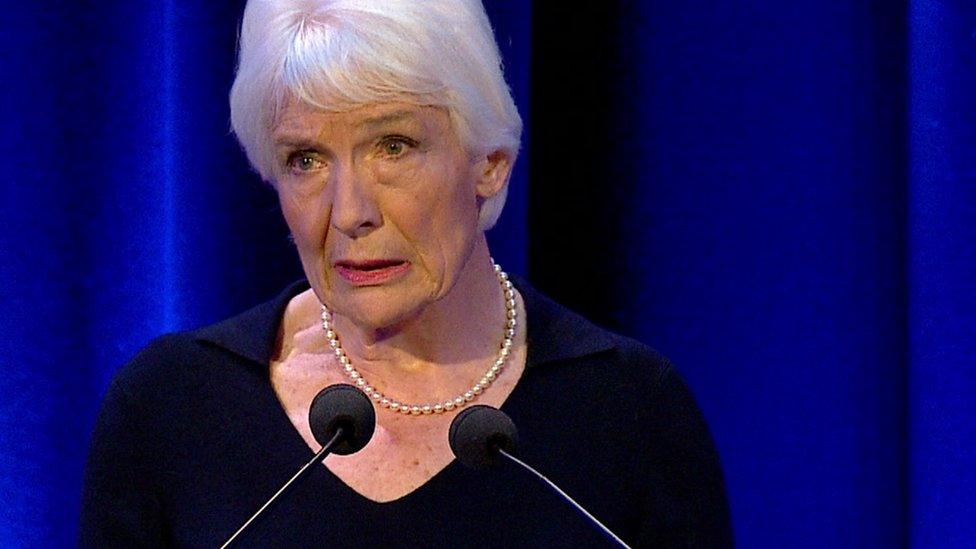
This report discovered disturbing things. It makes sorry reading for the BBC
Society owes a debt to the victims who came forward. They can be proud of their legacy that the voices of those who report abuse will be heard
The BBC must demonstrate to the public it has taken current criticism seriously and has made, or is making, changes
The BBC needs to undertake a period of self-examination on issues relating to cohesion, hierarchical structure and attitude to talent
BBC director general Tony Hall accepts that much work lies ahead if the BBC is to regain the public's confidence
Is it possible a child abuser could be lurking at the BBC even today? No organisation can be completely confident it does not harbour a child abuser

The BBC's response
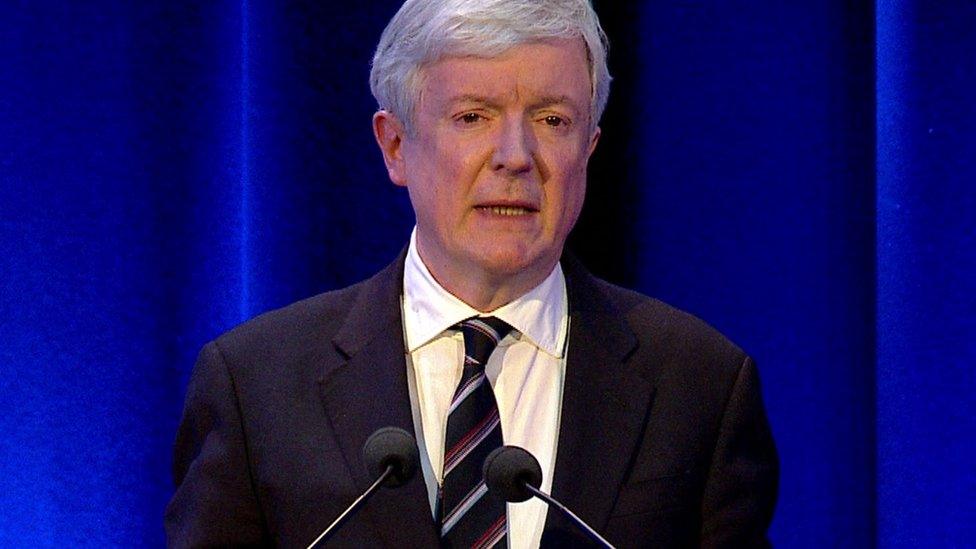
Lord Hall has apologised to survivors of the abuse and said the BBC accepts Dame Janet's conclusions and recommendations in full. He also said:
Today, we are hearing the worst. It is a very sobering day for the BBC. What happened was profoundly wrong. It should never have started. It should certainly have stopped. Sex abuse can never be excused
To all the survivors of Savile and Hall, I am deeply sorry for the hurt caused to each and every one of you. I admire your courage, I am grateful for your honesty
Now, we must do everything possible to make sure nothing like this ever happens again
What this terrible episode teaches us is that fame is power. Power must be held to account and scrutinised. And it was not
The BBC was too hierarchical, too self-interested to hear or act properly on the disturbing stories or rumours individuals had heard. It would have been a brave employee who complained, even if they had known how to
There was too much stress on protecting the reputation of the corporation as opposed to protecting staff and the people coming to enjoy our shows
The process we have begun of reforming this organisation must continue
We are determined to honour the courage of survivors. We will confront the issues head on
The BBC will become a stronger and better organisation

What the BBC will do
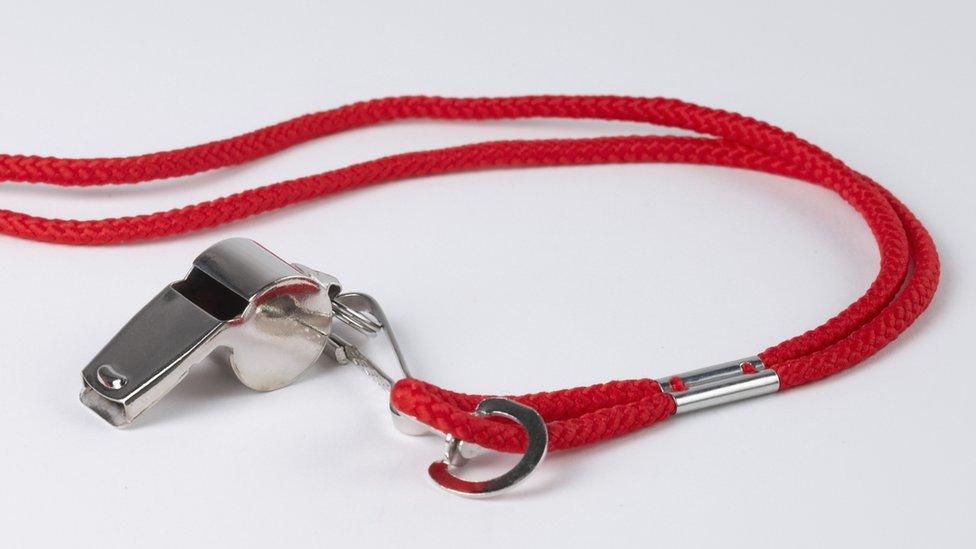
Review and independently audit all policies that help people raise complaints and concerns. Publish progress in July, alongside the annual report
Create an open BBC where everyone has the confidence to raise issues and believe something will be done about them
Raise awareness of improved whistle-blowing policy supported by an independent investigations unit
Encourage people to raise concerns about bullying and harassment, with a confidential hotline, independent case officers and mediation services
Work with the National Society for the Prevention of Cruelty to Children (NSPCC) on developing child protection policies and supporting child protection officers across the BBC
Commission another independent audit, to report in the autumn, to assess progress and see how policies operate in practice. Whatever recommendations are made will be carried out
Make more programmes raising issues surrounding abuse, building on the work of Dame Esther Rantzen with ChildLine
Become a forum for a national debate about child abuse and how to support survivors

What others said
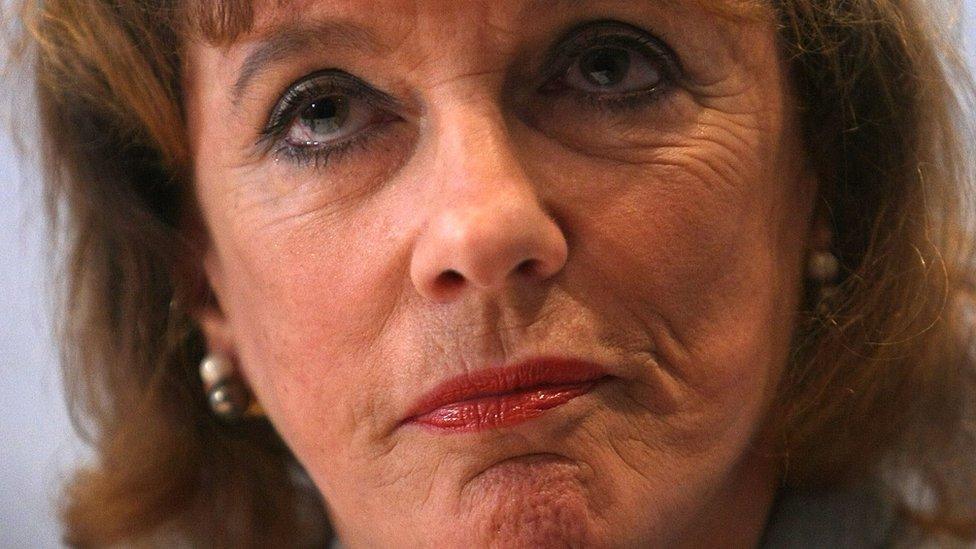
Liz Dux, a specialist abuse lawyer who represents many of Savile's victims, said they would feel let down, external that "the truth has still not been unearthed". Many victims would feel it was "nothing more than an expensive whitewash"
Dame Esther Rantzen told the Guardian, external she was pessimistic. "The most recent case of sexual harassment I know about was another broadcaster, an independent broadcaster, but again it was someone who was 'talent', and therefore the young woman felt she couldn't complain or ask for help." Asked if BBC policy changes would help, she said: "It sounds like a dry set of policies but they're practical and do protect children and young people."
DJ Tony Blackburn, who has "parted company" with the BBC over his evidence to the inquiry, said the corporation had made him a "scapegoat". He denied being the celebrity who had seduced Claire McAlpine and said he was not guilty, external of any inappropriate conduct
House of Commons leader Chris Grayling said it was "inexplicable" that the BBC had missed opportunities to stop the abuse
- Published2 October 2023
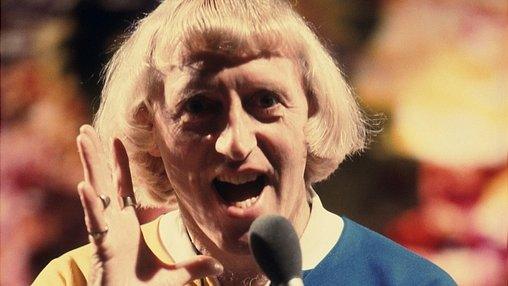
- Published26 February 2015
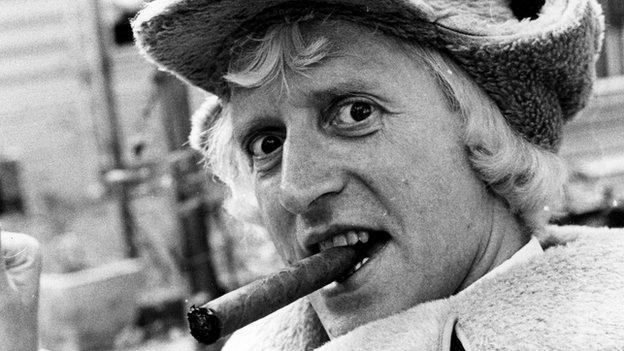
- Published26 February 2015
